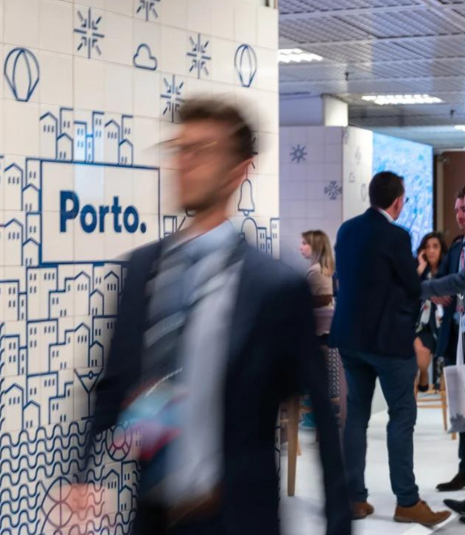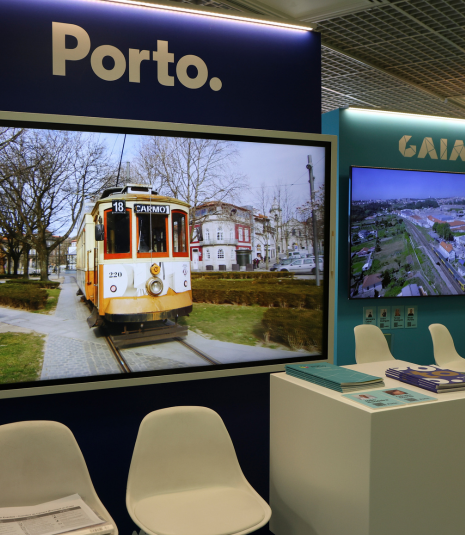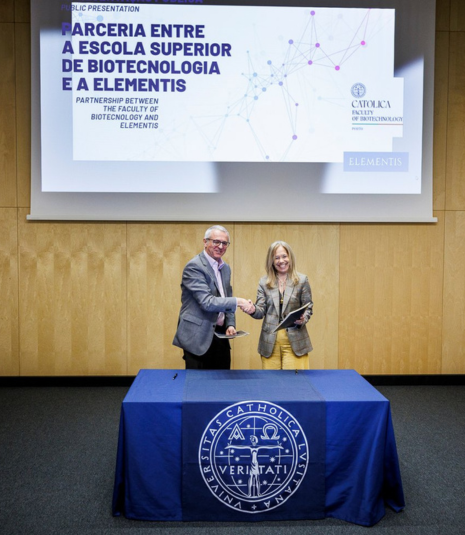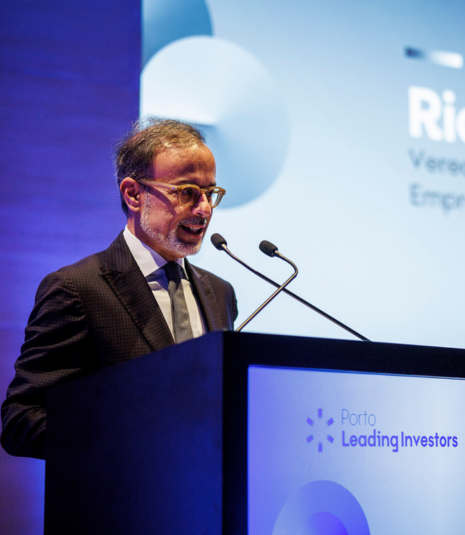Strategic plan projects city and region as leaders of economic development
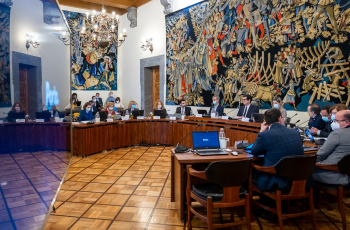
Porto.
· 10 Mar 2022
The Strategic Economic Development Plan (PEDE) of Porto was presented to the Municipal Executive at Monday's public meeting. The document contemplates a vision for 2030 that goes from "More Porto" to "Better Porto" and establishes the Invicta city as a leader, magnet, and engine of the Portuguese (and Peninsular) Northwest macro-region. The PEDE Porto will be analysed by the Municipal Council of Economy before returning to the Executive.
The presentation of the document was made by Hermano Rodrigues, from EY (Ernst & Young), who detailed the PEDE Porto preparation process and explained the main proposals of this plan. "The ambitions set for the economic development of the city stimulate a vision for a 'Better Porto'," he emphasised, outlining the portrait of a "value-selective" Porto.
"A competitive, differentiating and increasingly technological economy, which combines identity with modernity, territorial intelligence with business intelligence, the so-called traditional sectors with the most emerging sectors and cooperation with leadership. An economy based on innovation, value, sophistication, talent, green growth, and projection (regional, Iberian, European and international) through a strong global brand. An integrated, digital, sustainable, fair, and resilient economy, with the capacity to respond to the societal challenges of the present and capitalise on the societal challenges of the future", the document said.
The analysis started with a prospective diagnosis, continuing with the elaboration of an economic development strategy, leading to an action plan to be applied until 2030. "Taking into account the comparative and competitive advantages that Porto and the Portuguese Northwest have, eight areas of smart specialisation were defined: Trade, services and real estate; Tourism and sports; ICT and services centre; Health and life sciences; Culture and creative industries; Mobility, energy, and environment; Blue economy; Sustainable construction," explained Hermano Rodrigues.
Trade and services activities have particular relevance in Porto's economy, allied to its notoriety as a tourist destination of international reference. To exemplify, the document prepared by EY cites the "strong presence in the business fabric of Porto" of the trade and services sector, with "92% of establishments, 88% of employment and 79% turnover, in 2019."
Real estate and ICT also play a leading role. The rehabilitation market is the main driver of real estate growth (71.6% between 2011 and 2020), and the city distinguishes itself on the technological side: it ranks 4th in best ultrafast broadband coverage in Europe and 6th best communications technology according to IMD's World Digital Competitiveness 2017 and 2018 rankings. "Porto concentrates about a third of the skills centres installed in the country," the plan adds, describing the city as an "attractive hub for multinationals in the ICT area".
The PEDE Porto was based on a consultation process to which 127 entities were invited. "The document assumes a strategic character for the role that the municipality may have in the development of the city and the region. Although it is an economic development plan, this plan has a multidisciplinary character - it touches many other fundamental aspects for the life of the region", concluded Hermano Rodrigues.
"The document will be sent to the House of 24, as the Municipal Council of Economy is also called, before coming back here," noted the Mayor of Porto, Rui Moreira. "There is matter here that should make us reflect, such as the case of territorial articulation. The macro-region of the peninsular northwest, in particular, the Portuguese northwest, does not translate into a territorial unit. There is a need to rethink the organisational models, we have a macro-region that does not fit into any of the NUTS’ maps", he added.
The councillor in charge of Finance, Economy, and Employment, recalled that this project "was a challenge launched by the Municipal Council of Economy, with the aim of positioning Porto in a macro strategic plan". "It was an extremely participative process, with entities that go beyond the city. It is a detailed plan, which gives us a vision. We want a city plan," Ricardo Valente pointed out.
"It is a very extensive document, which we are analysing. We will participate in this consultation process", said councillor Tiago Barbosa Ribeiro, from PS. Thanking the presentation, communist Ilda Figueiredo also promised to analyse the plan.

